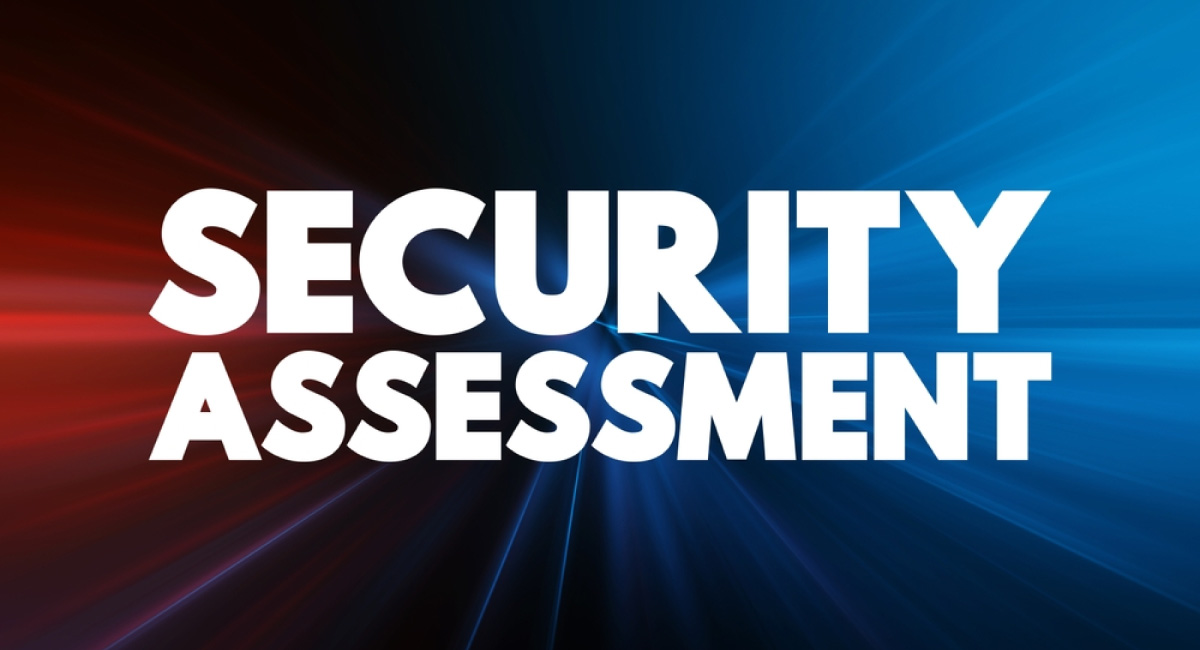Security is a critical aspect of any business, and as the business world becomes increasingly digital, security threats are becoming more sophisticated and frequent. Therefore, it is essential for businesses to conduct regular security assessments to identify vulnerabilities and take appropriate measures to protect themselves from potential threats.
What is a Security Assessment?
A security assessment is a systematic evaluation of a business’s security measures, policies, and procedures. It involves a thorough evaluation of the organization’s physical security measures and protocols to identify vulnerabilities and potential threats to assets, property, and employees.
This includes a site survey to evaluate perimeter security, access control systems, video surveillance, alarms, and other security measures, as well as a threat assessment to identify potential risks. The assessment team provides recommendations for mitigating risks and improving overall physical security.
Why are Regular Security Assessments Important for Your Business?
Identify Security Risks
A security assessment can identify potential security risks and vulnerabilities, enabling businesses to take proactive measures to mitigate or eliminate them. By conducting regular security assessments, businesses can stay ahead of emerging security threats and take appropriate measures to protect themselves from potential attacks.
Ensure Compliance
Many businesses are required by law to comply with industry regulations and standards, such as the Occupational Safety and Health Administration (OSHA) regulations and General Data Protection Regulation (GDPR). Regular security assessments can help businesses ensure compliance with these regulations and avoid hefty fines and legal penalties.
Protect Business Reputation
Security breaches can significantly damage a business’s reputation, leading to a loss of customer trust and revenue. Regular security assessments can help businesses identify vulnerabilities and take appropriate measures to protect their data, assets, property, and employees, thereby protecting their reputation.
Save Money In The Long Run
Security breaches can be costly for businesses, resulting in loss of data, downtime, and legal expenses. Regular security assessments can help businesses identify potential security risks and vulnerabilities and take proactive measures to mitigate or eliminate them, saving money in the long run.
Peace of Mind
Conducting regular security assessments can give businesses peace of mind knowing that their data, assets, property, and employees are secure. This can help businesses focus on their core operations and growth, knowing that their security is being taken care of by a reliable security guard company.
How a Security Assessment is Conducted?
Conducting a security assessment can be a complex and time-consuming process. It is recommended that businesses seek the help of security experts or ask their existing security guard company to conduct a thorough assessment of their security measures and create a security program customised to their current security needs. A security assessment typically involves the following steps:
- Identify Security Risks: Potential security risks and vulnerabilities are identified by conducting a comprehensive review of the business’s security policies, procedures, and systems.
- Evaluate Security Controls: The effectiveness of existing security controls, including physical and cybersecurity measures are evaluated.
- Develop a Remediation Plan: A remediation plan is developed to address identified security risks and vulnerabilities. The plan prioritizes remediation activities based on the level of risk and the resources available.
- Implement Remediation Activities: By taking appropriate measures to mitigate or eliminate identified security risks and vulnerabilities, the remediation plan is implemented.
- Monitor and Update: Next, it is established that security measures are regularly monitored and updated to ensure ongoing effectiveness and compliance with industry regulations and standards.
In conclusion, regular security assessments are critical for businesses to identify potential security risks and vulnerabilities and take appropriate measures to protect themselves from potential attacks. By conducting regular security assessments, businesses can stay ahead of emerging security threats, comply with industry regulations and standards, protect their reputation, save money, and have peace of mind knowing that their data, assets, property, and employees are secure.



Leave A Comment